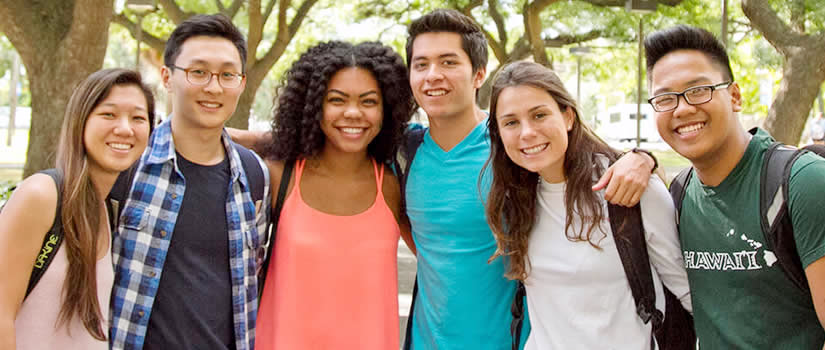The University of South Carolina rallies behind its First-Generation students and supports various initiatives to ensure they excel not only in their academics, but in their personal and professional lives as well. Despite the many obstacles that present themselves, First Generation Students remain resilient in the face of the storm.
A First-Generation student is defined as an individual whose parents did not complete a bachelor's degree. Without the proper guidance and resources, it can be a challenge just to get through the hoops of the college admissions process.
“There's a lot of different layers to the challenges for first year students even just getting them in the door,” Sarah Kelly, senior assistant principal for the Preston Residential College and co-chair of USC’s First-Gen Forward committee, said. “There could be challenges in terms of family and emotional support if no one in their family has gone to college before. There's also a financial component whether it's students coming from a family where they've had to work while they're in school to help pay the bills, or there's no college savings.”
USC employs different programs to make sure these students are well equipped with the resources and support to successfully navigate through higher education. USC is recognized as a First-Gen Forward institution by the National Association for Student Personnel Administrators (NASPA). First-Gen Forward is a designation given to colleges and universities that have made a strong commitment to supporting First Generation college students.
Under this initiative, First-Generation students have many opportunities to connect with one another and meet First-Generation college graduates.
“I'm a First-Gen college student. I'm a First-Gen Master’s student,” Kelly said. “I know how difficult it was to go into the college experience completely blind. I don't want anybody to have to write the map themselves, if there are other people who have already been on that trip.”
In addition to mentorship programs, USC also hosts First-Generation Student Celebration Week and has an entire First Generation Students website dedicated to various academic, financial and on-campus resources.
Faculty members play a huge role in the success of First-Generation students. Whether that’s amending the syllabus to explain where some of the academic resources for that class may be or being welcoming and open during office hours.
“When a faculty member says that they're available for help, they should stand by that and make themselves accesible. But also recognize that we shouldn't always put 100% of the focus on the student to come seek help,” Kelly said. “If a student looks like they may be struggling, make that outreach. We're starting to encourage faculty and staff who are first generation students themselves to identify as such, because it's always good to know you're talking to someone who ... really gets it via a lived experience.”
Designed to provide information, service and support to low-income and First-Generation college students, the TRiO Program is yet another system that students can lean on. Starting as early as the 7th grade, TRiO begins to seek out prospective college students and prepare them.
“USC was recognized in the initial cohort of colleges that had programs that were doing good in terms of meeting the needs of First-Generation students. And it was really based on our efforts and our long-standing history with TRiO on our campus,” Althea Counts, TRiO director and co-chair of USC’s First-Gen Forward committee, said. We have a program called Gamecock Guarantee which is a grant that student affairs came up with to support in-state students who are first generation from low-income backgrounds to be able to afford college.”
CTE Assistant Director Aisha Haynes was in both the Opportunity Scholars Program and the Ronald E. McNair Program which are two of the four programs TRiO uses to help students enter college and complete their studies. Haynes gives back to the program with the Dr. Aisha S. Haynes Endowed Scholarship Fund that is awarded to a First-Generation or low-income student who shows exemplary scholarship and community service.
Haynes also created Strategies to Effectively Teach First Generation Students, a teaching resource for faculty on strategies for working with First-Generation students.
“A lot of things that are helpful for first-generation students are also helpful to create inclusive learning environments in general. We talk to faculty about universal design for learning which is designing courses that are inclusive to all students,” Haynes
said.
USC welcomes First-Generation students with open arms and is committed to providing them with the support they need to be successful. For more information on First-Generation student programs, call 803-777-5125 or visit the First-Generation Students website.
